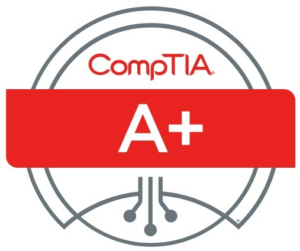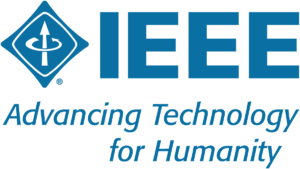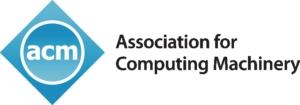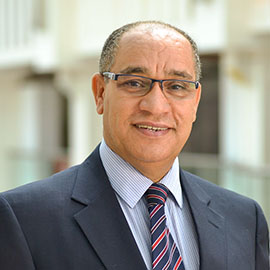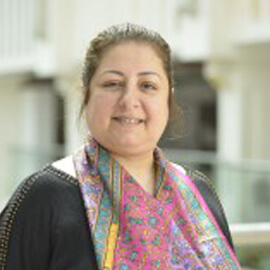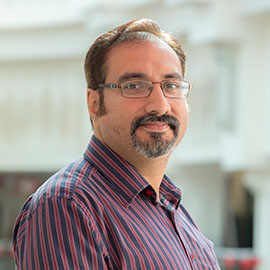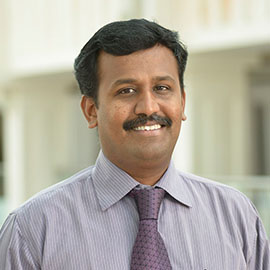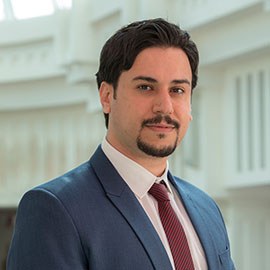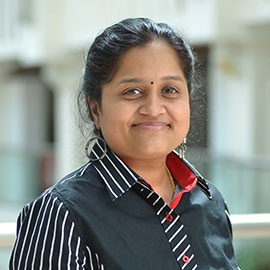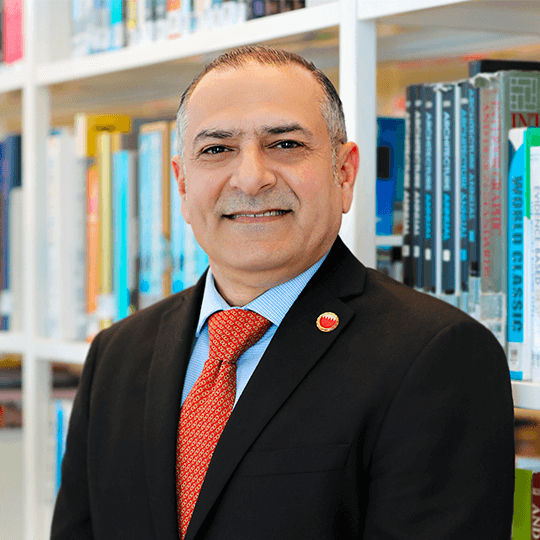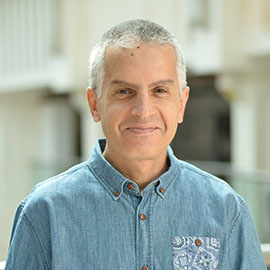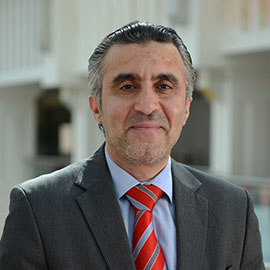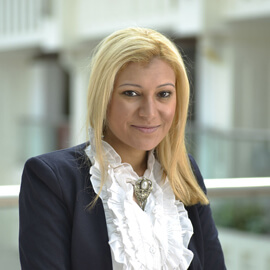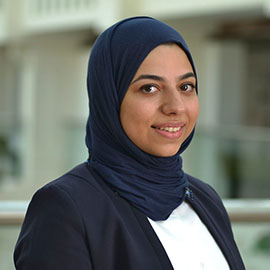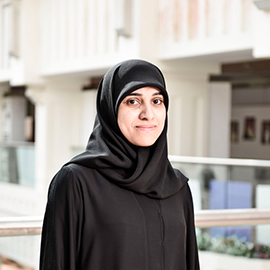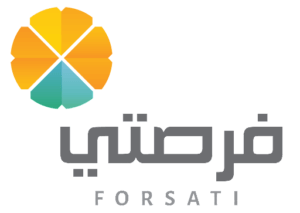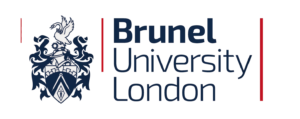College of Information Technology
Ahlia University
About Us
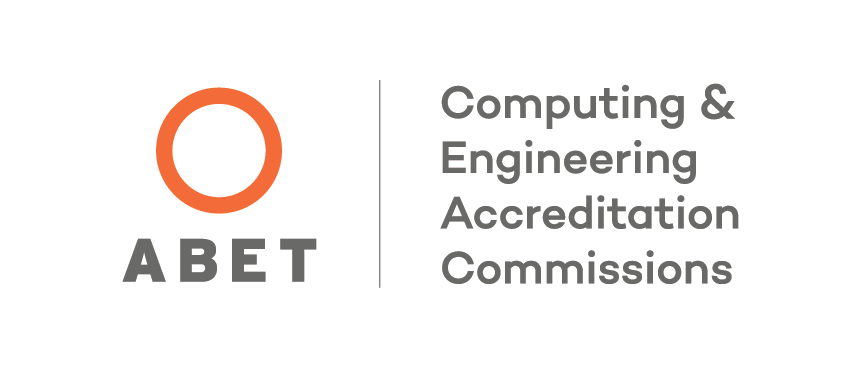
The College of Information Technology has been a key part of Ahlia University since it was founded in 2001. Over the last few years, the College has seen a remarkable growth in several critical areas, including student enrolment, number of well-qualified faculty with international experience, research, and well-designed academic program offerings.
All College programs have received full confidence in a review conducted by the Bahrain Quality Assurance Authority, and are validated by NQF and listed.
Our Vision
Our vision is to be a regional leader and an outstanding international centre of excellence in education, research and professional development in Information Technology.
Our Mission
As a core constituency of the leading institution for higher education, College of Information Technology’s Mission is to move forward in providing society with quality services, education and research in the field of Information Technology.
In support of this mission, the College of Information Technology is committed to:
- To prepare competent qualified graduates in the areas of Information Technology.
- To prepare highly competent professionals to be tomorrow’s leaders.
- To provide high quality services, expertise and resources to society in the form of projects, training and consultation.
- To conduct innovative computing research that advances the frontiers of knowledge and applied state-of-the art-solutions to local problems.
Our Goals
- To provide high quality educational programs that offer lifelong learning in developing and managing computational processes and systems, with emphasis on multimedia computing and information systems and technology.
- To periodically revise the programs offered by the college to meet the current international standards and to satisfy the market needs.
- To provide a student-centered integrated educational environment.
- To continuously build and modernize college infrastructure including computing facilities and laboratories.
- To attract highly qualified, motivated and greatly committed faculty.
- To attract and nurture qualified undergraduate and graduate students.
- To prepare competent qualified graduates in the areas of Information Technology.
- To create and encourage partnership with industry, government, local / international institutions and alumni.
- To encourage faculty to indulge in research activities that serve and sustain local and regional economic development.
- To motivate students to be sensitive to issues such as ethics, social responsibilities and environmental protection.
Dean's Message
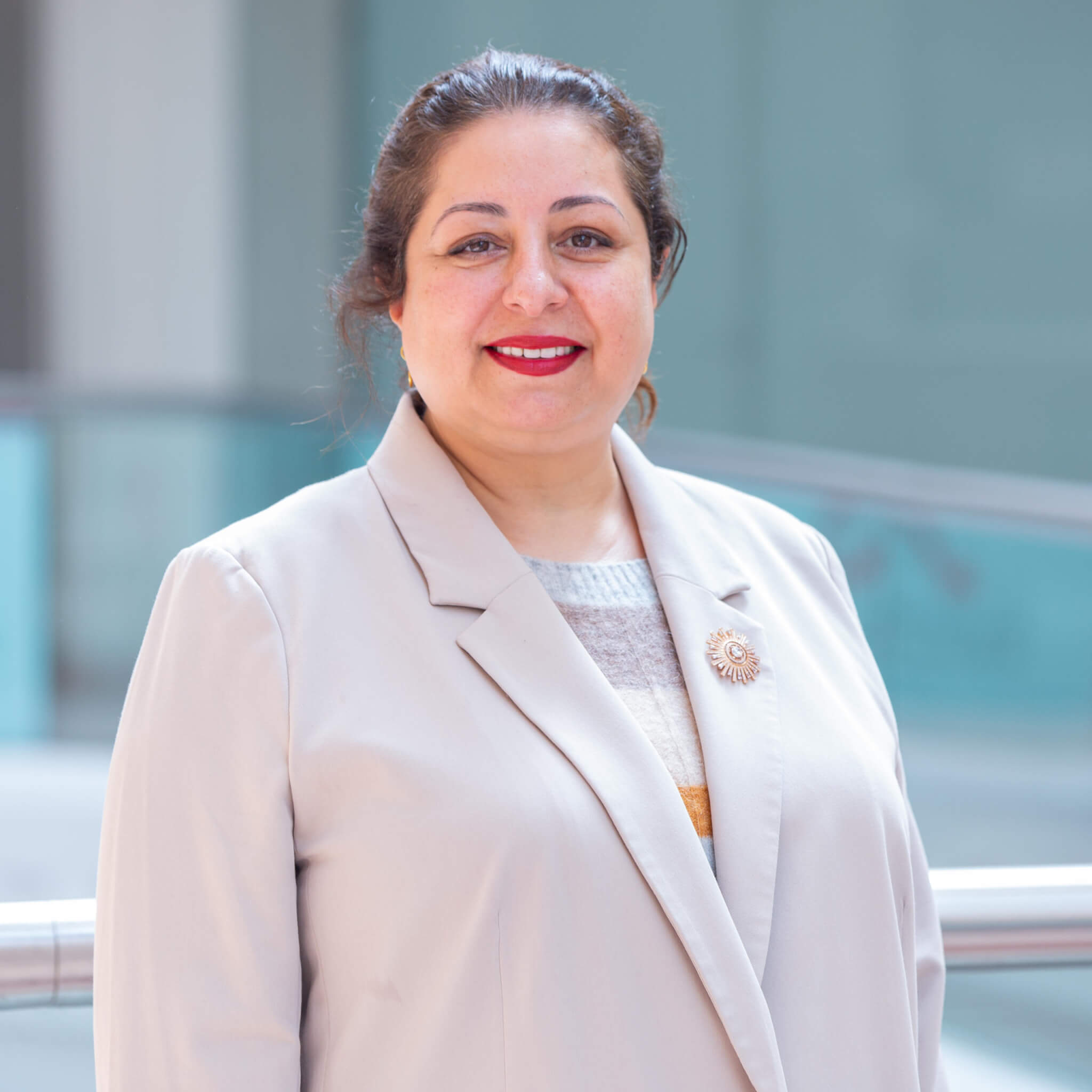
Dr. Wasan Shakir Awad
DEAN OF COLLEGE OF INFORMATION TECHNOLOGY
Welcome to the College of Information Technology at Ahlia University.
The College of Information Technology was established as a constituent college of Ahlia University since it was founded in 2001. Over the last few years, the College has seen a remarkable growth in several critical areas, including student enrollment, number of well-qualified faculty with international experience, research, and well-designed academic program offerings. Underlying all our College growth and development is a commitment to student learning, a commitment to deliver high quality education in accordance with international standards and in tune with the local needs of the industry and business and a commitment to ensuring a continuous improvement process that delivers a quality education to our students. The College aims to produce high quality professionals in the field of Information Technology and Computer Science to enable them to excel in their fields of work and make a significant and valuable contribution to society. Therefore, our programs apply a hands-on, reality-based approach to education that allows students to apply what they learn in class to solve real-life problems. Our teaching philosophy and problem solving based learning process prepare students to become innovators, and leaders of the future.
The college offers four degrees; two BSc degrees which are information technology (BSIT) and multimedia systems (BSMS), and two postgraduate degrees which are masters’ degree in Information Technology and Computer Science (MITCS) and Doctor Of Philosophy (Phd-wr) In Information Systems & Computing (PhD). We are proud to announce that All College programs received full confidence in a review conducted by the Bahrain Quality Assurance Authority. All College programs are validated by NQF and listed.
ABET ACCREDITATION
We are glad to inform you that the Bachelor’s degree program in Information Technology – Ahlia University has been accredited by the Computing Accreditation Commission of ABET, the global accreditor of college and university programs in applied and natural science, computing, engineering, and engineering technology.
ABET accreditation assures that programs meet standards to produce graduates ready to enter critical technical fields that are leading the way in innovation and emerging technologies and anticipating the welfare and safety needs of the public.
Therefore, we would like to congratulate the students at College of Information Technology for this great achievement.
More information about ABET, its member societies and the accreditation criteria used to evaluate programs can be found at www.abet.org
We wish you all the best for your studies and your future growth in the field. I invite you to explore opportunities at our College, to visit our website, and to contact me directly at wawad@ahlia.edu.bh.
Best Wishes
Dr. Wasan Shakir Awad
Our Programs
Undergraduate Programmes

Bachelor’s Degree in Information Technology (BSIT)
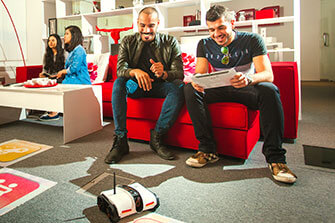
Bachelor’s Degree in Multimedia Systems (BSMS)
Postgraduate Programmes

Master’s Degree in Information Technology & Computer Science (MITCS)
Collaborative Programmes
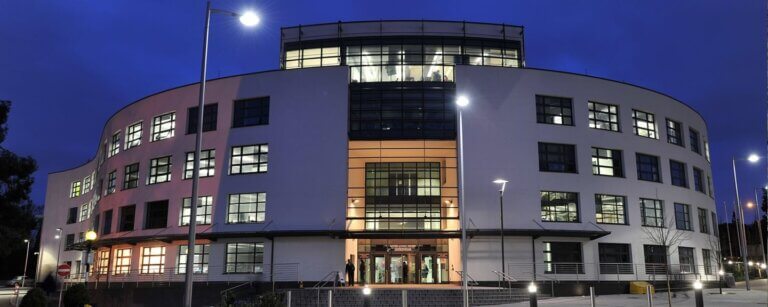
Brunel PhD Without Residence
Our Faculty & Staff
Dr. Wasan Shakir Awad
Dr. Jenan Moosa Hasan
Dr. Suresh Subramanian
Dr. Subhashini Bhaskaran
Dr. Iyyappan Moorthi
Mr. Mohammed Badaw
Ms. Sara Ebrahim Al Aswad
Mr. Sayed Mohamed Faisal Alwaddaei
Ms. Badreya Altublani
MS. FATEMA SALEH KHALAF
Awards & Prizes
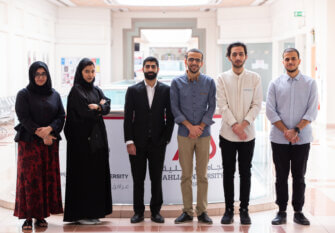
INJAZ Bahrain –Universities ICamp Tournament Award
Ahlia IT Students: Maryam Mohammed, Maryam Akram, Salman Khalid, S. Ali Shubar, Husain Yousif
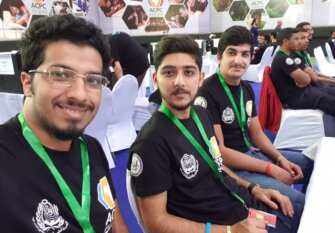
84th place in the 2019 Africa & Arab Collegiate Programming Contest
Ahlia IT Students: Salman Almulla, Mohammed Alqassimi, Mohammed Badow
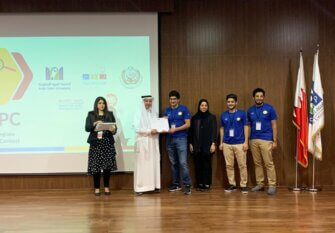
3rd place in the Bahrain Collegiate Programming Contest
Ahlia IT Students: Salman Almulla, Mohammed Alqassimi, Mohammed Badow
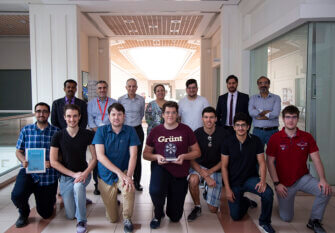
The 2nd Khalid Bin Hamad Competition for innovation in Artificial Intelligence Award
It College Students
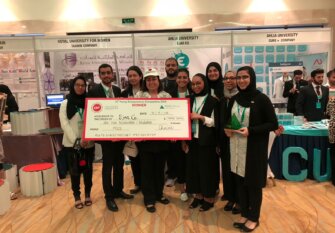
INJAZ Bahrain 10th Young Entrepreneurs Competition Product of the Year 2018 Award
IT College Students
College Events
The Events include among other activities:
- Workshops
- Conferences
- Forums
- Panel debates
IT Day First (2023/2024)
- 31/10/2023
- 12:00 PM
Anti-Bullying Hackathon
- 01/12/2022
International Conference on IT Innovations and Knowledge Discovery
- 08/03/2023
Graph Mining Applications Seminar
- 29/12/2021
- 12:00 pm
Breast Cancer Awareness Multimedia Product Design Hakathon
- 30/10/2021
IT Day – First Semester 2021 / 2022
- 12/10/2021
- 12:00 PM - 14:00 PM
